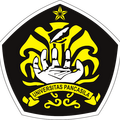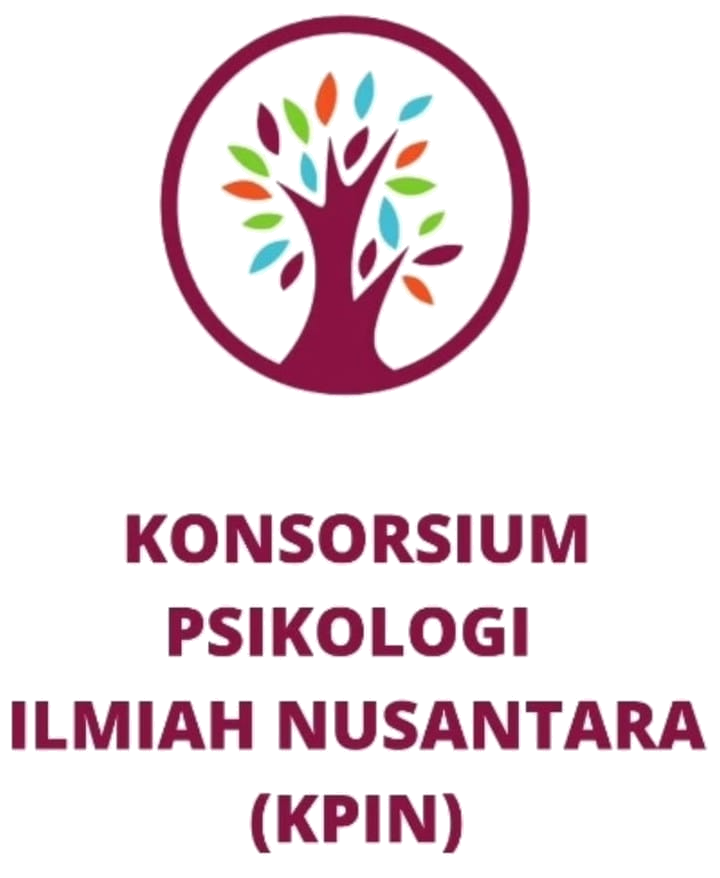Hubungan antara Stres Akademik dan Dukungan Sosial Teman dengan Flow Akademik Mahasiswa
DOI:
https://doi.org/10.35814/mindset.v12i02.1603Keywords:
academic flow, academic stress, social supportAbstract
Academic flow occurs when someone can concentrate, enjoy and have internal motivation in academic activity. However, students often have difficulty experiencing flow, causing inability to appreciate their academic life. Therefore, through this study academic flow will be seen in relation to academic stress and social support from friends to see which variables could support academic flow. Data were collected from 176 students of the Faculty of Psychology whom were selected using haphazard sampling. The data were processed using non-parametric correlational analysis. The hypotheses in this study are academic stress correlates negatively and social support correlates positively with academic flow. The result is academic flow negatively correlated with academic stress -0.167 (p=0.013) while social support positively correlated 0.226 (p=0.001). Based on the result, it can be concluded that both hypotheses are accepted and social support from friends has a greater variable contribution (5.1%) than academic stress (2.8%) in supporting academic flow.
References
Adom, D., Chukwuere, J., & Osei, M. (2020). Academic stress among faculty and students in higher institutions. Pertanika Journal of Social Sciences and Humanities, 28(2), 1055–1064.
Arnett, J. J. (2007). Emerging adulthood : What is it, and what is it good for? Child Development Perspectives, 1(2), 68–73.
Chandra, R. I. (2013). Dukungan sosial dan flow akademik pada mahasiswa. Calyptra : Jurnal Ilmiah Mahasiswa Universitas Surabaya, 2(1), 1–19.
Christiana, W. M. (2015). Hubungan Antara Stress Akademik dan Flow Akademik Pada Mahasiswa Fakultas Psikologi Universitas Surabaya. Skripsi tidak diterbitkan, Universitas Surabaya, Surabaya.
Csikszentmihalyi, M. (2014a). Applications of flow in human development and education. Springer Netherlands.
Csikszentmihalyi, M. (2014b). Flow and the foundations of positive psychology. Springer Netherlands.
Djau, N. R. F., & Cahyono, R. (2017). Hubungan antara self-esteem dengan flow akademik pada siswa cerdas istimewa. Jurnal Psikologi Pendidikan Dan Perkembangan, 6, 65–71.
Dunne, M. P., Sun, J., Nguyen, N. Do, Truc, T. T., Loan, K. X., & Dixon, J. (2010). The influence of educational pressure on the mental health of adolescents in East Asia : Methods and tools for research. Journal of Science, 109–122.
Fauziyah, F. K., & Ariati, J. (2015). Dukungan sosial teman sebaya dan kecemasan dalam menghadapi dunia kerja pada mahasiswa S1 tingkat akhir. Jurnal Empati, 4(4), 255–261.
Gatari, A. (2020). Hubungan stres akademik dengan flow akademik pada mahasiswa. Cognicia, 8(1), 79–89.
Husna, N., & Rosiana, D. (2015). Hubungan social support dengan flow pada mahasiswa fakultas psikologi. Prosiding Psikologi, 1(2), 1–6.
Juvonen, J., Espinoza, G., & Knifsend, C. (2012). The role of peer relationships in student academic and extracurricular engagement. In Handbook of research on student engagement (pp. 387–402). Springer.
Litalien, D., Gillet, N., Gagné, M., Ratelle, C. F., & Morin, A. J. S. (2019). Self-determined motivation profiles among undergraduate students: A robust test of profile similarity as a function of gender and age. Learning and Individual Differences, 70, 39–52.
Mazer, J. P., & Thompson, B. (2011). The validity of the student academic support scale: Associations with social support and relational closeness. Communication Reports, 24(2), 74–85.
Novitasari, K. T., Hidayati, F., & Setyowati, R. (2020). Relationship between social support and commitment to the task with academic flow to students. Jurnal Psikologi Pendidikan Dan Konseling, 6(1), 21–28.
Para, E. A. (2008). The role of social support in identity formation : A literature review. Graduate Journal of Counseling Psychology, 1(1), 97–105.
Ryan, R. M., & Deci, E. L. (2017). Self-determination theory: Basic psychological needs in motivation development and wellness. The Guilford Press.
Santoso, M. (2014). Self-efficacy Dan flow akademik ditinjau dari temporal motivation theory pada mahasiswa
fakultas psikologi. Calyptra: Jurnal Ilmiah Universitas Surabaya, 3(1), 1–12.
Singh, B. P. (2011). Study and analysis of academic stress of B. Ed. students. International Journal of Educational Planning & Administration, 1(2), 119–127.
Sun, J., Dunne, M. P., Hou, X., & Xu, A. (2011). Educational Stress Scale for Adolescents. Journal of Psychoeducational Assessment, 29(6), 534–546.
Szkody, E., & McKinney, C. (2019). Indirect effects of social support on psychological health through self-esteem in emerging adulthood. Journal of Family Issues, 40(17), 2439–2455.
Weiten, W. (2013). Psychology themes and variations. Wadsworth Cengage Learning.
Yuwanto, L. (2011). The flow inventory for student : Validation of the LIS. Anima Indonesian Psychological Journal, 26(4), 2011.
Yuwanto, L. (2013). The flow inventory for student : Validation of the LIS. In L. Yuwanto (Ed.), The nature of flow (pp. 95–111). Dwiputra Pustaka Jaya.
Yuwanto, L., Budiman, A. F., Siandhika, L., & Prasetyo, T. I. (2013). Stress akademik dan flow akademik. In L. Yuwanto (Ed.), The nature of flow (pp. 41–48). Dwiputra Pustaka Jaya.












